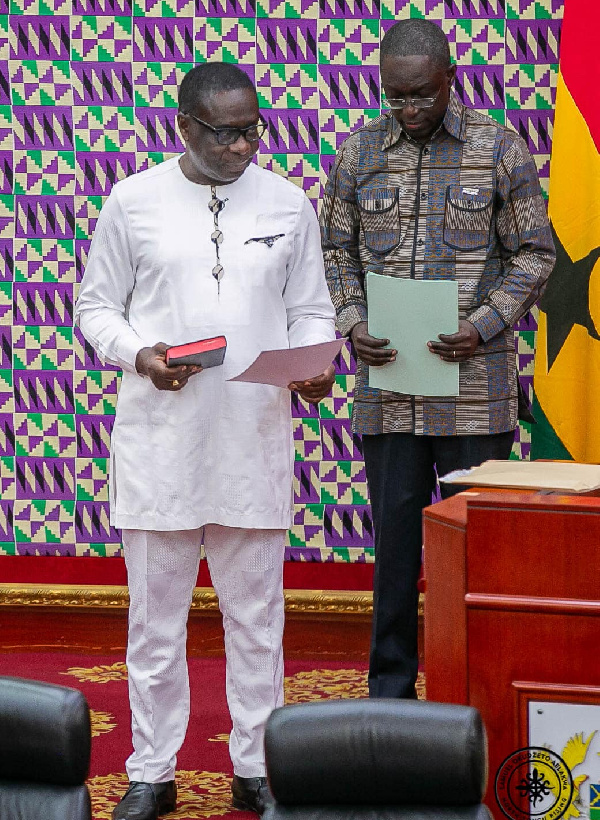Introduction
The recent dismissal by the Supreme Court of an application filed by South Dayi MP, Rockson-Nelson Dafeamekpor, has sparked significant debate and scrutiny within Ghana’s legal and political spheres. This article provides an in-depth analysis of the Supreme Court’s decision and the implications it holds for the country’s governance.
Background of the Case
Rockson-Nelson Dafeamekpor’s legal challenge revolved around the constitutional authority of the President to appoint ministers and deputy ministers without parliamentary approval. This fundamental issue raised questions about the separation of powers and the extent of executive authority within Ghana’s democratic framework.
Supreme Court’s Ruling
In a landmark ruling, the Supreme Court affirmed the constitutional prerogative of the President to make ministerial appointments without prior parliamentary approval. This decision reinforces the principle of executive discretion in forming the government while upholding the constitutional framework established by Ghana’s founding documents.
Controversy Surrounding Court Documents
During the proceedings, a controversy emerged regarding the acceptance of court documents by the plaintiff’s lawyer. This dispute, involving the refusal to acknowledge critical legal materials, underscored the importance of procedural integrity and respect for the judicial process within Ghana’s legal system.
Attorney General’s Response
Godfred Yeboah Dame, representing the Attorney General’s office, condemned the actions of the plaintiff’s legal team as disrespectful to the court. Despite the contentious nature of the proceedings, the Attorney General’s intervention emphasized the need for adherence to established legal norms and protocols.
Conclusion
The Supreme Court’s dismissal of Dafeamekpor’s application marks a significant milestone in Ghana’s legal history. By reaffirming the President’s authority to appoint ministers, the Court has clarified the boundaries of executive power and parliamentary oversight. However, the controversy surrounding the handling of court documents highlights the ongoing challenges in ensuring procedural fairness and accountability within the judiciary.
FAQs
- What was the central issue in Dafeamekpor’s application? The central issue revolved around the constitutional authority of the President to appoint ministers without parliamentary approval.
- How did the Supreme Court rule on the matter? The Supreme Court affirmed the President’s constitutional prerogative to make ministerial appointments.
- What role did the Attorney General play in the case? The Attorney General represented the government’s position and argued against the application filed by Dafeamekpor.
- What implications does this ruling have for Ghanaian politics? The ruling clarifies the balance of power between the executive and legislative branches, impacting future governance and policymaking processes.
- What are the broader implications of this decision for Ghana’s legal system? The decision underscores the importance of upholding constitutional principles and procedural fairness within Ghana’s legal framework.
















